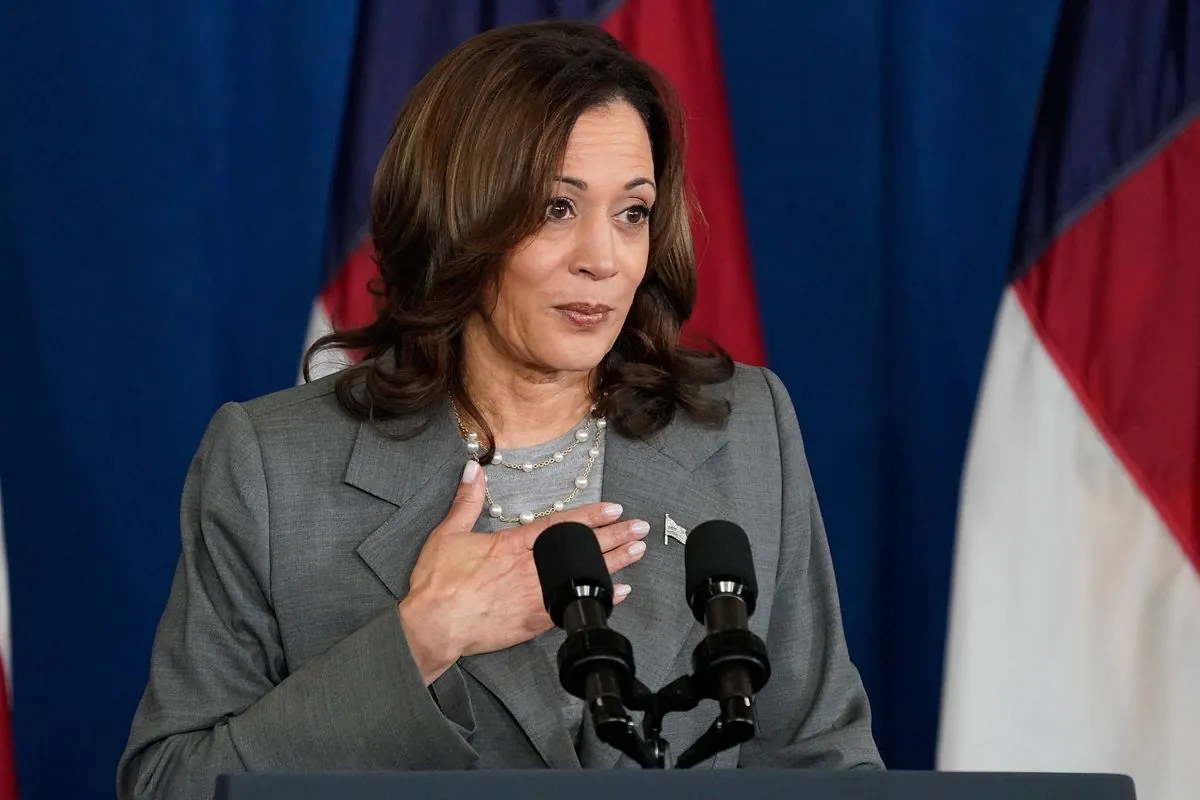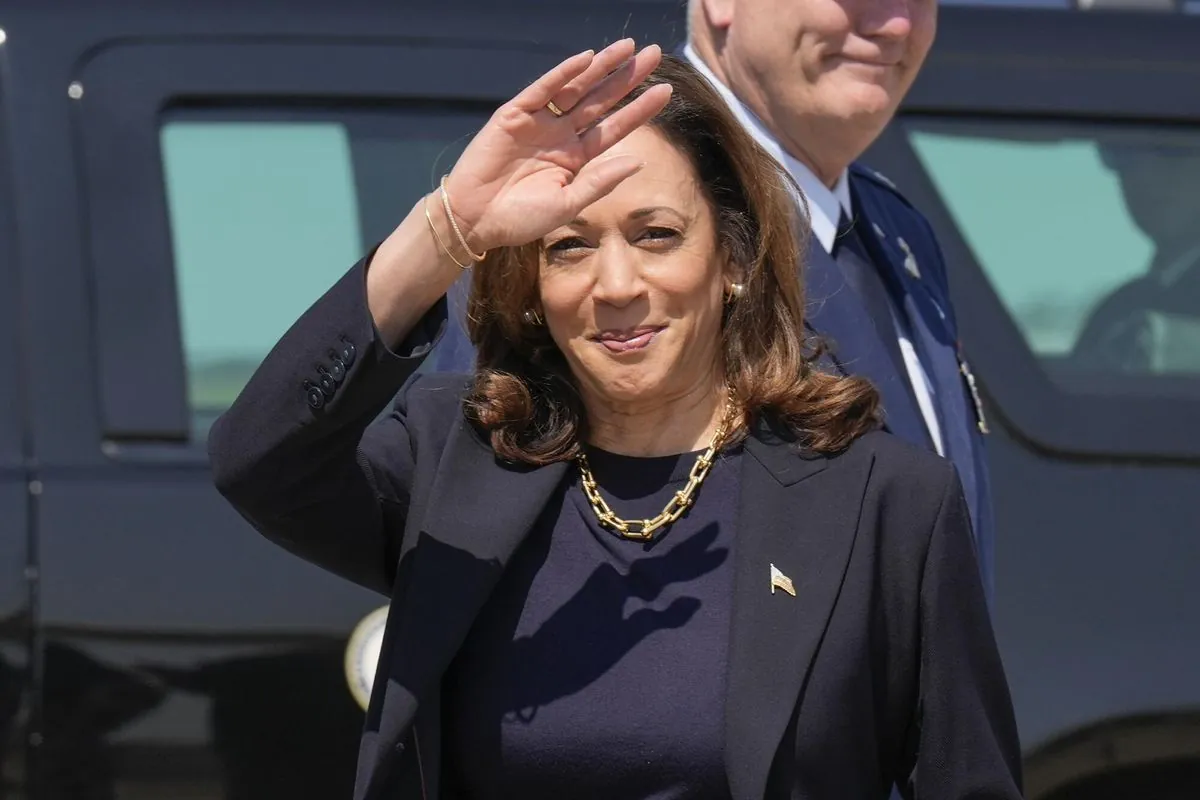Harris's Foreign Policy Dilemma: Balancing Rules and Realpolitik
Vice President Kamala Harris faces challenges in reconciling U.S. foreign policy with a "rules-based order" approach, particularly regarding Israel's actions in Gaza and alliances with autocratic regimes.

In the realm of U.S. foreign policy, a notable contrast has emerged between President Joe Biden's focus on the global contest between democracy and autocracy, and Vice President Kamala Harris's emphasis on promoting a "rules-based order." This divergence in rhetoric reflects the complex challenges facing American diplomacy in an increasingly multipolar world.
The upcoming presidential debate on September 10, 2024, is likely to bring these foreign policy approaches into sharp focus. Harris's inclination towards a rules-based framework stems from her background as a prosecutor and the pragmatic reality of U.S. alliances with autocratic regimes. However, this shift in terminology does not resolve the inherent contradictions in American foreign policy, particularly concerning the ongoing situation in Gaza.

The Israeli-Palestinian conflict has become a focal point of international concern, with Israel's actions in Gaza drawing widespread criticism. Several Western nations, including the United Kingdom, Italy, Spain, Canada, Belgium, and the Netherlands, have taken steps to limit arms sales to Israel due to concerns over the treatment of Palestinian civilians.
"We have suspended the sale of certain arms that Israel could use in Gaza after a Foreign Office review found a clear risk that British arms may be used in violation of humanitarian law."
This stance contrasts sharply with the U.S. position, which has largely maintained its military support for Israel despite allegations of war crimes. The situation highlights the challenges in adhering to a rules-based order while balancing geopolitical interests.
The global landscape presents additional complexities. Xi Jinping's government in China is attempting to redefine human rights in terms of economic growth and social stability, potentially undermining democratic principles. Meanwhile, Vladimir Putin's Russia promotes "traditional values" while challenging fact-based discourse, as evidenced by its actions in Ukraine.
In response to these challenges, the U.S. has formed alliances that include autocratic regimes. This approach has led to partnerships with leaders such as Mohammed bin Salman of Saudi Arabia, Abdel Fattah al-Sisi of Egypt, and Narendra Modi of India, despite concerns over human rights violations in these countries.
The legal implications of U.S. military aid to Israel are significant. The Leahy Law, enacted in 1997, prohibits assistance to foreign security forces committing gross human rights violations. Additionally, Section 502B of the Foreign Assistance Act of 1961 imposes broader restrictions on security assistance to countries with consistent patterns of human rights abuses.
As the 2024 presidential election approaches, Harris faces a critical juncture. She has an opportunity to differentiate her foreign policy approach from that of Biden, potentially signaling a stronger commitment to upholding international law and human rights standards. This could include addressing U.S. complicity in alleged war crimes and reevaluating military aid to countries that violate humanitarian principles.
The global community is closely watching the U.S. response to these challenges. The perceived double standard in applying the rules-based order, particularly concerning Israel's actions in Gaza, has sparked significant international criticism. As Harris prepares for potential debates and campaign events, she must navigate these complex issues while articulating a clear vision for American foreign policy that aligns with both national interests and international norms.

In conclusion, the upcoming presidential debate and subsequent campaign events present an opportunity for Harris to clarify her stance on these critical foreign policy issues. As a former prosecutor and potential future president, she faces the challenge of reconciling the ideals of a rules-based international order with the realities of global politics and U.S. strategic interests.


































